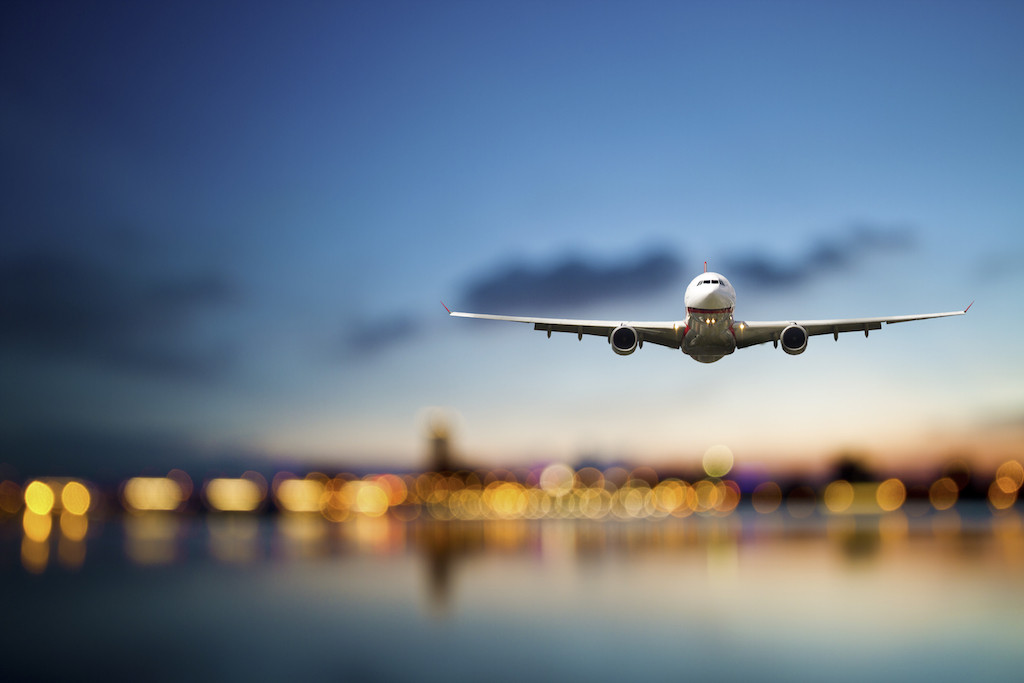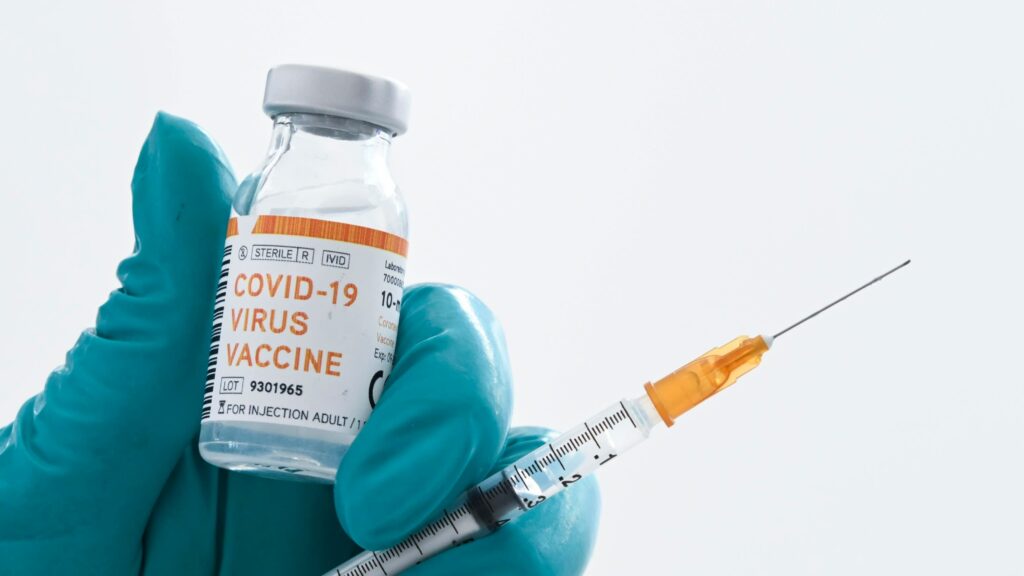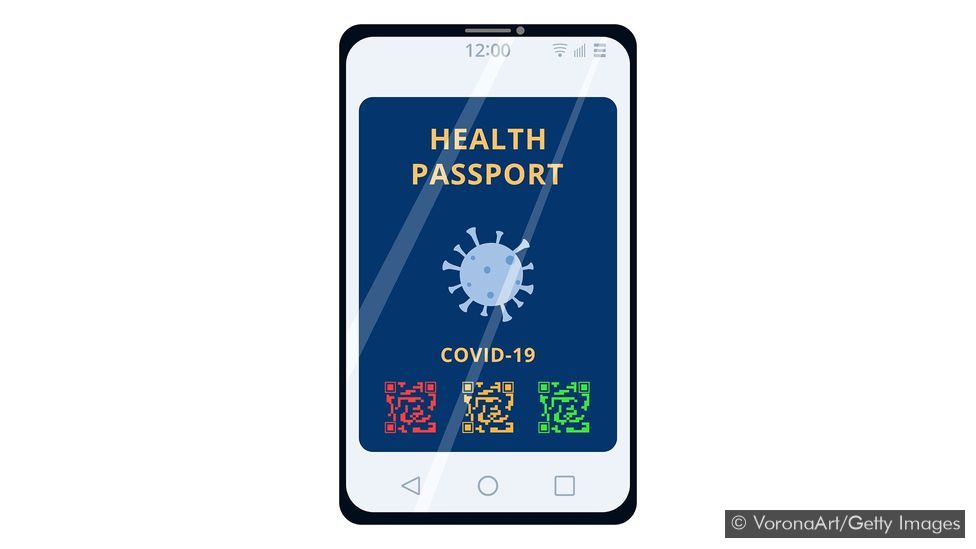By Theofanis Fousekis,
It is undeniable that the never-ending measures many countries have adopted, in the fear of the virus being spread, such as the closing of borders and banning of international traveling have caused an imminent collapse of the travel industry and world economy. Alas, what does the future hold for future globetrotters?
At some point, it is certain, that international traveling will go back to the way it was. That could happen either by creating new measures, which could reduce the weekly rates of infections or by developing a vaccine. These solutions could make all fears evaporate and bring the tourism industry back to its feet as hotels, airlines and tour operators have been greatly affected by it. Recently, though, a new idea about traveling regulations has reached the international headlines. The idea is about traveling with a digital immunity passport that will be expected to kickstart a whole new level of international leisure traveling.
What is a digital immunity passport?
“An immunity passport is a presentable proof of immunity to Covid-19”, said Husayn Kassai, co-founder and CEO of Onfido, a London-based technology company that specializes in facial biometric certification. “It is designed to help an individual prove that they have been tested and that their test results belong to them, without having to share any further personal information”.
In the beginning, they were examining this option as an alternative for frontline medical workers that would allow them to continue working safely with the reduced risk of an outbreak in hospitals. It was in April when Ondifo proposed the immunity passports to the UK Parliament’s Science and Technology Committee as “the linchpin of new normality”. Adopting this new “normality” would allow users to create their own digital identity by uploading an official document such as their real passport along with a photo, which would be verified using Al technology. After that, the identity would be paired with an immunity certificate published and verified by the National Health Service. In the end, by simply scanning a code on their phone, people would be able to go to their workplaces, enter public buildings and gradually so, visit their local airport to travel to another country.
Even after five months, the examination of this approach is in its early stages, with the British government examining also other proposals by other companies like Onfido, such as Yoti, Nomidio and IDnow, while also discussing with medical academic professors to examine the viability of an immunity-based idea. As technology cannot be tamed, this idea has already travelled the world, namely Europe, Latin America and the U.S. On the far east, the Chinese government has already adopted the use of health certificates on a daily basis and now they are embracing the idea of a health code application that will be able to show whether a user is symptom-free or not.
Is the immunity passport an “aller-retour” ticket…?
The crisis of Covid-19 has severely disrupted global economy and especially the tourism industry. In regard of these recent talks, could immunity passports be the solution to what many people around the world are waiting for? It was in 2019 when the financial value of tourism contributed to around 9 trillion dollars to the world’s GDP and accounted for more than 330 million jobs. One year later, the same industry has lost more than 40 billion dollars within six months. It is reasonable that in order for traveling to fully recommence, the governments will have to require proof that people are not infected. As a result, presenting proof of immunity may become in the future, a requirement for all passengers when boarding an airplane similar to a passport or an ID card.
This plan has already been discussed by people involved in the tourism as well as the aviation industry. For instance, John Holland-Kaye, CEO of Heathrow Airport, has stated in an interview in May that “If the UK government with one of the biggest aviation sectors in the world, work together with the European Union and the United States, between them they would have the global diplomatic and economic power to set the international standard”. At the same time, Ed Bastian, CEO of Delta Airline, has suggested that he would make “whatever changes to the business model that will be necessary”, including the adoption of an immunity passport.
…or is it a one-way one?
One may ask, can we be sure that someone will be immune to the decease, after coming into contact with it for the first time? Truth be told, the scientific knowledge we have at the moment about Covid-19 is not enough, as it is still unclear how accurate the antibody tests can be, how long before they can detected and for how long they remain in someone’s body. It is common knowledge that after having been attacked by an infection, the human body keeps the antibodies, that it has produced to fight the virus, as a protective shield to battle repeated infections. But for immunity passports to work, governments must be sure that the serology test can accurately identify antibodies in a person’s bloodstream, which the World Health Organisation deems impossible at the moment.
Right now, researchers are still trying to untangle the web that goes by the name “Covid-19” and the mystery of whether antibodies are or are not produced in the human body once infected. Let’s not forget that holding a legally-identified document may mislead the public in believing that because they are healthy they are allowed to ignore the measures imposed by the government and in consequence, disrespect the rest of the society who are still in danger or afraid of catching the virus. Furthermore, the same situation is likely to occur, if and when a vaccine is developed which would be similar to the yellow fever certification.
Immunity only to certain people?
Although something has to be done in order to revive the tourism industry, many civil right advocates support that introducing the immunity passports to the world may expand the social and racial disparities that already exist. How? By creating a new underclass: the people that will survive the infection and gain immunity could be given preference at work over those without immunity. Thus, a lot of workers who have a job in the food production or transportation industries are in denial at the moment: Remain unemployed or become infected?
Let’s not forget that history has already proven that this is possible. We are at New Orleans. It is 1857. A city once-haunted by vampires and voodoo witches. It goes by the nickname “Necropolis” – city of death. The yellow fever has spread everywhere in the city and the death toll has reached 8.000 people. But even with death looming at every corner, workers who weren’t immune to the disease were not considered for employment, while the ones who had got infected had a better chance of finding a job.
In the end?
The primary goal of almost every government around the globe at the moment is the revival of their economy. Of course, immunity passports present an excellent choice to start with, given that they offer a chance to protect public health, while also permitting the opening of the borders and the recommencement of traveling with safety. Though, we cannot deny that immunity passports may seem as the ideal solution, they can also widen the gap of the ever-existing topic of human rights in regard to the socio-economic background in which the pandemic is unfolding.






